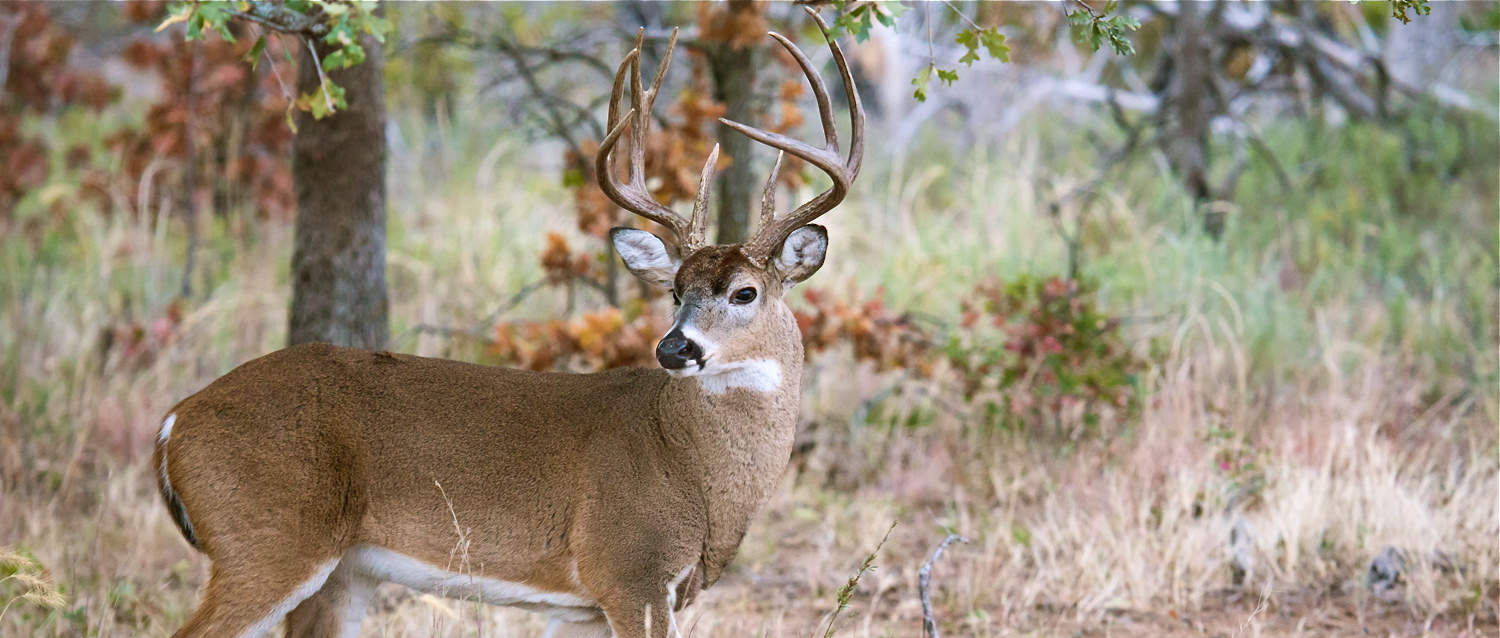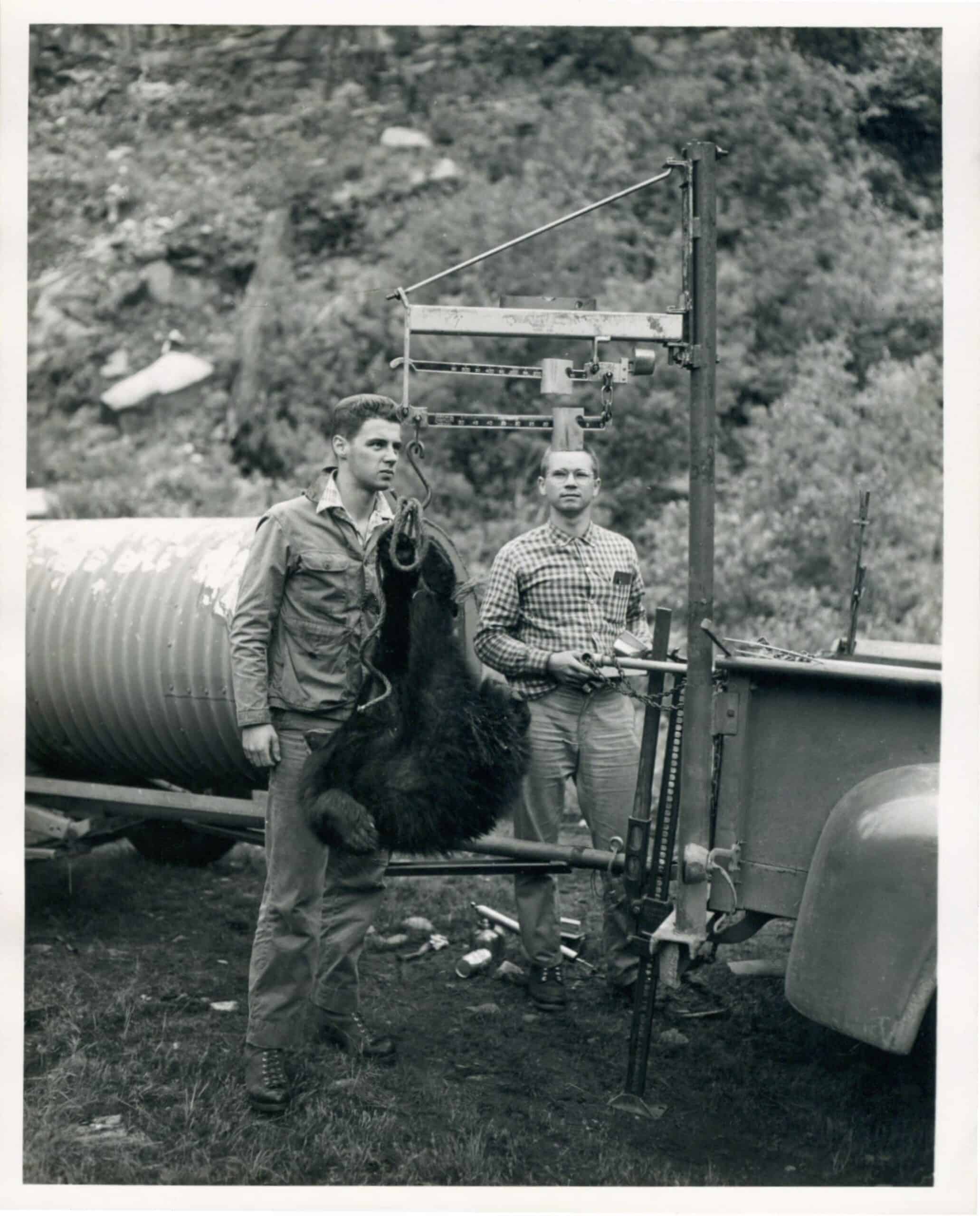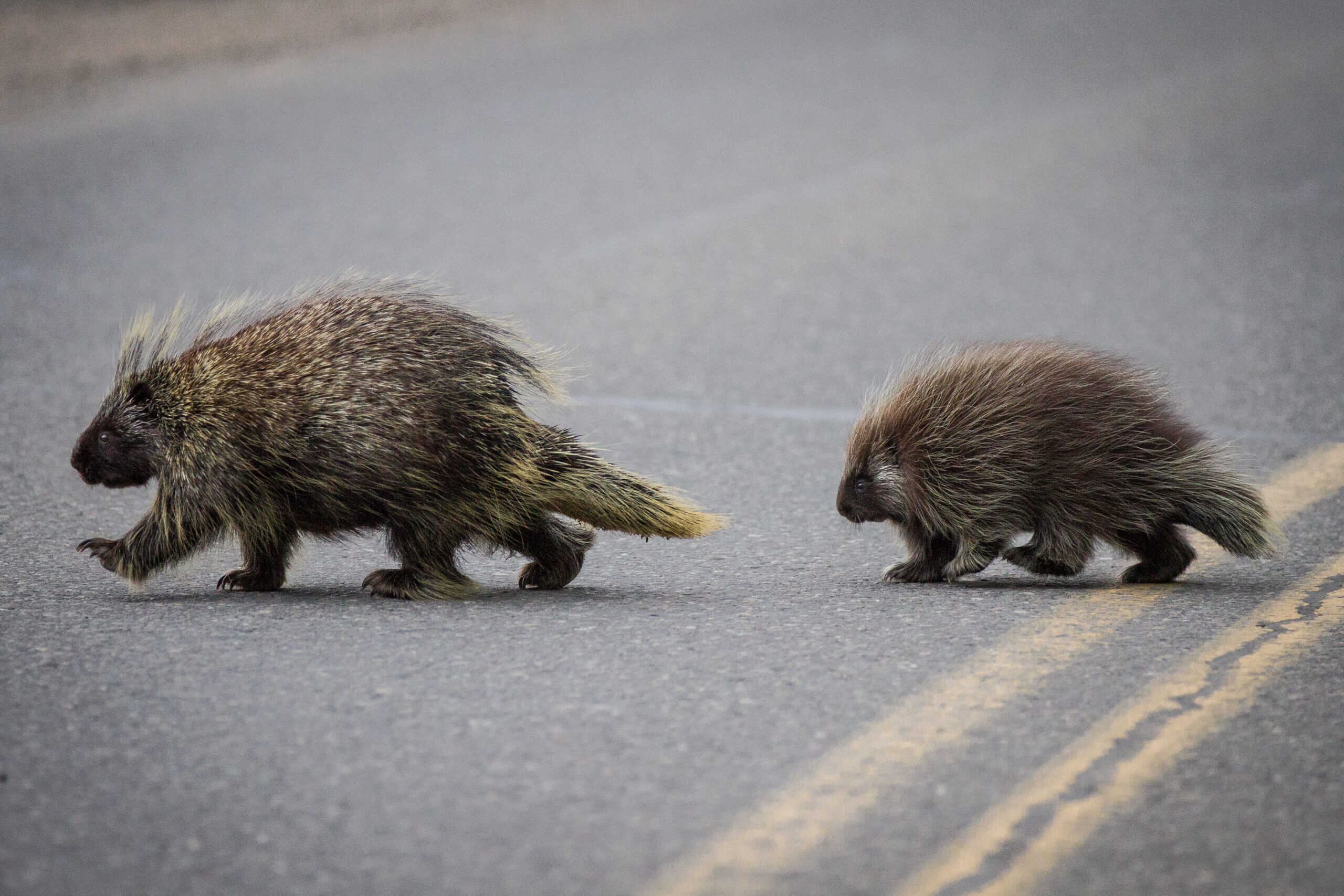Share this article
Mississippi Chapter Opposes Hunting of Deer Over Bait
The Mississippi Commission on Wildlife, Fisheries, and Parks proposed a change to regulations in Mississippi that would allow the hunting of deer over bait in late August. The Mississippi Chapter of the Wildlife Society, along with a coalition of conservation groups including chapters of the Wildlife Federation, Rocky Mountain Elk Foundation, and Safari Club International, opposed the measure and sent a statement of opposition to the Commission last week.
Current regulations in Mississippi allow for supplemental feeding of deer but do not allow hunters to be within 100 yards of a feeder or have a feeder be in their line of sight while pursuing deer. The proposal removes the language prohibiting the hunter from having a feeder in their line of sight, which will effectively permit hunting of deer over bait.
The Mississippi Chapter of TWS’ statement of opposition to this proposal details the negative impacts of baiting on wildlife. Research has shown that baiting negatively impacts wildlife, both target species and others such as songbirds, by causing them to gather in numbers and concentrations far higher than what naturally occurs. These high concentrations increase the risk disease transmission, further habitat destruction, heighten the risks of predation, and alter the behavior of the wildlife. The Wildlife Society published a Technical Review that examines the impacts of supplemental feeding and bating on wildlife in 2006.
The statement also makes the case that baiting is not an effective wildlife management tool for deer. The Chapter explains numerous studies have found that improved habitat management yields the greatest benefit to deer, wild turkeys, and other wildlife for a fraction of the cost of baiting and supplemental feeding. When allowed to bait wildlife, landowners will often ignore the proven long-term benefits of habitat improvement and instead hope for quick short-term results. This squanders the limited resources available to improve conditions for wildlife.
The statement disagrees with the Commission’s justification for the proposed change in policy. The Commission claims that the majority of sportsmen wanted the change, according to a survey they conducted. The statement notes that the survey only questioned hunters, and as such does not represent the opinions of the public at large. They add that the survey’s report included non-residents and the survey’s summary says that if they only looked at the responses of Mississippi sportsmen that greater opposition to baited hunting would have been reported.
At the public comment period for the proposed change Dr. James Miller, a Past-President of The Wildlife Society, spoke on behalf of the Mississippi Chapter as he testified against the proposed regulation as well as submitted his own personal statement of opposition. Three other witnesses testified, all against the proposed change. Despite the arguments against the regulations, the Mississippi Commission voted 4-1 to approve the change and allow baited-deer hunting in Mississippi and will go into effect November 1.
Dr. Miller summarized his opposition to the regulations in his personal statement to the commission, saying, “the biological and sociological data simply do not support the Commission’s proposed regulation change. Professional wildlife biologists and the conservation community believes this proposed change will move Mississippi backwards, and impede the progress MDWFP has made with Mississippi’s most ecologically and economically valuable wildlife species.”
TWS encourages, recognizes, and publicly advocates the appropriate use of wildlife, ecological, and conservation science in policy determination and decision-making processes, and has a position statement on baiting and supplemental feeding of wildlife. In October 2014, the Virginia Chapter of TWS also advocated for the incorporation of science into policy decisions regarding the use of bait while hunting.
Sources: The Clarion-Ledger
Header Image: A change to Mississippi regulations will allow the hunting of deer over bait.
Image Credit: Larry Smith, licensed by cc 2.0








